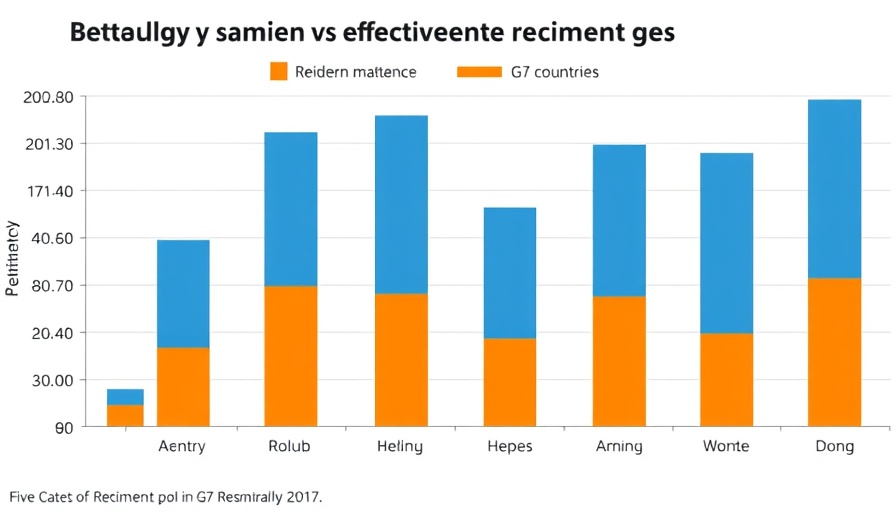
The Discrimination Case Against Corner Bar: An Eye-Opener for Employers
The recent case involving Corner Bar in Austin, Texas, serves as a poignant reminder of the ongoing issues surrounding pregnancy discrimination in the workplace. With a $42,000 settlement to the U.S. Equal Employment Opportunity Commission (EEOC) after allegations emerged that the bar reduced a pregnant employee’s hours and eventually terminated her for being a "liability," the implications for business leaders regarding talent management and workforce strategy are significant.
Understanding Pregnancy Discrimination and Its Implications
The EEOC's actions highlight an essential aspect of people-first leadership. The agency cited that adverse treatment often stems from stereotypes related to pregnancy, where employers may assume that expectant mothers will have attendance issues or other complications that could affect employee performance. In this case, the allegations indicate that Corner Bar's management disregarded the potential contribution of a capable employee simply because she was pregnant.
Importance of a People-Centric Culture in the Workplace
As Chief Human Resource Officers (CHROs) and operational leaders, it is crucial to foster a company culture that embraces diversity and champions inclusivity. Implementing proactive employee retention strategies and maintaining a high-performance culture can help prevent cases similar to Corner Bar's. This includes training all employees on discrimination laws and reinforcing a commitment to equitable treatment across the workforce.
Steps Toward Workforce Optimization and Future Growth
To regain trust and ensure a supportive environment for all employees, Corner Bar must take actionable steps as part of the settlement agreement, including posting anti-discrimination notices and developing an anti-discrimination policy. This is not merely a legal obligation but also an opportunity to invest in leadership development that prioritizes employee engagement and well-being.
These developments reflect the broader need for businesses to adapt their workforce optimization strategies to undercut outdated stereotypes and enhance their operational framework. A focus on succession planning and embracing diversity fosters an environment where every employee can contribute fully, paving the way for a more resilient organization.
 Add Row
Add Row  Add
Add 




Write A Comment